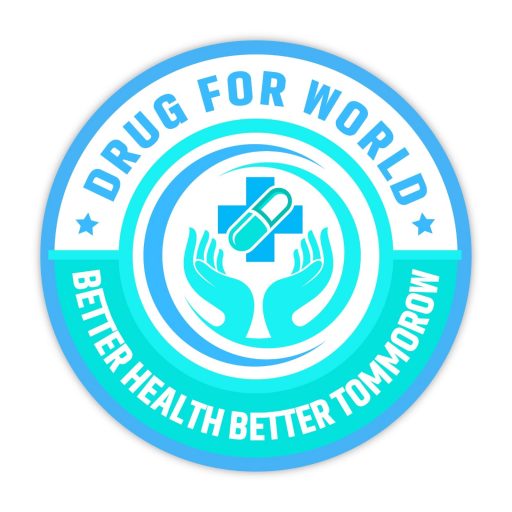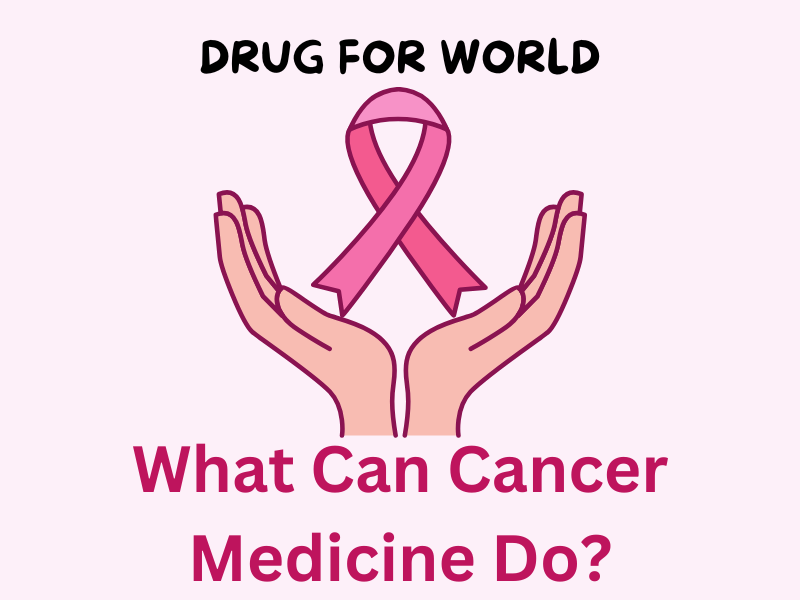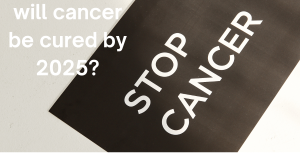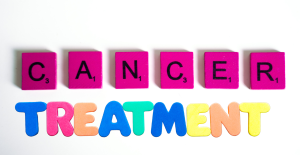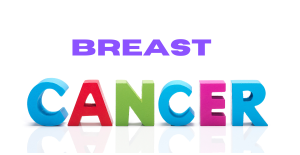Cancer medications, also known as oncology drugs, have transformed the landscape of cancer treatment, offering hope and extended life to millions. But What Can Cancer Medicine Do? Here’s a deep dive into the roles they play, how they work, and what patients and their families can expect from these powerful drugs.
1. Targeting Cancer Cells with Precision
One of the primary functions of modern cancer medications is to specifically target cancerous cells while leaving healthy cells unharmed. Traditional chemotherapy treatments, for instance, are known for affecting both cancerous and healthy cells, leading to a range of side effects. However, targeted therapies work by honing in on the specific proteins and genes responsible for cancer growth. This approach minimizes damage to healthy cells, reducing side effects and enhancing treatment effectiveness. Medications like monoclonal antibodies and small molecule inhibitors are at the forefront of these precise treatments, blocking cancer growth and preventing the spread of tumors.
2. Stopping Cancer from Growing and Spreading
In the case of fast-growing cancers, certain medications are developed to limit the spread (metastasis) of cancer cells to other organs. Antiangiogenic drugs, for example, work by cutting off the blood cancer supply tumors need to grow. By blocking the development of new blood vessels in and around the tumor, these medications effectively “” the cancer, slowing or stopping its progression. Additionally, hormone therapies are effective in cancers like breast and prostate cancer, where they block hormones that fuel cancer growth.
3. Boosting the Body’s Immune System to Fight Cancer
Immunotherapy is a groundbreaking approach that uses the body’s own immune system to combat cancer. The immune system often struggles to recognize cancer cells as dangerous because they can mask themselves as normal cells. Immunotherapy drugs, like checkpoint inhibitors, help the immune system identify and attack these cancer cells. This treatment not only empowers the body’s natural defenses but can also lead to lasting responses, where the immune system remembers and continues to fight cancer cells long after treatment ends.
4. Managing Symptoms and Improving Quality of Life
Not all cancer medications aim to cure; some are designed to alleviate symptoms and improve quality of life. Known as palliative medications, these treatments help reduce pain, nausea, fatigue, and other symptoms caused by cancer or its treatments. By managing these side effects, patients can enjoy a better quality of life during their treatment journey, focusing on recovery and spending meaningful time with loved ones.
5. Preventing Cancer Recurrence
After the primary treatment phase, some medications are prescribed as maintenance therapy. These drugs aim to keep cancer at bay and prevent recurrence. Targeted therapies and some forms of chemotherapy may continue to be part of a patient’s life after remission, helping ensure that any remaining cancer cells are eradicated and minimizing the chance of the cancer returning. Maintenance therapy can be essential for patients with aggressive cancer types or those at high risk for recurrence.
6. Preparing Patients for Surgery or Radiation
In some cases, cancer medicines are given before surgery or radiation therapy to shrink tumors. Known as neoadjuvant therapy, this approach can make surgery easier and more effective. By reducing the tumor size, the chances of a successful surgical outcome increase, and in some cases, neoadjuvant therapy can even replace the need for surgery altogether.
The Future of Cancer Medicines
The ongoing research in oncology aims to develop drugs that are not only more effective but also gentler on the body. As scientists learn more about cancer’s unique genetic makeup, treatment options will continue to become more personalized. This means drugs will increasingly be tailored to the specific genetic profile of a patient’s cancer, enhancing treatment efficacy while minimizing unwanted side effects.
Final Thoughts
Cancer medications play a powerful role in today’s medical toolkit, offering a range of options from targeting cancer cells and limiting their spread to boosting the immune system and managing symptoms. If you or a loved one is navigating a cancer diagnosis, understanding the purpose and potential of these medicines can be a source of empowerment and hope.
This comprehensive understanding of what cancer medicine can do not only provides valuable insights but also aligns with the latest medical advancements, helping readers make informed decisions.
Frequently Asked Questions (FAQs)
1. Can cancer medicines cure cancer?
Cancer medicines have the potential to cure, control, or alleviate cancer depending on the type and stage of cancer. Some medicines can achieve remission, while others manage symptoms or prevent recurrence.
2. Are there side effects to cancer medicines?
Yes, common side effects include fatigue, nausea, and weakened immunity. However, newer therapies often aim to reduce side effects by targeting only cancer cells and sparing healthy ones.
3. How long do I need to take cancer medicine?
The duration varies by treatment type, cancer stage, and individual response. Some medications are part of short-term treatment, while others may be taken over years as maintenance therapy.
4.What distinguishes targeted therapy from chemotherapy?
Chemotherapy affects all rapidly dividing cells, leading to broader side effects. Targeted therapy specifically targets proteins or genes in cancer cells, often reducing side effects.
5. Can cancer medications prevent cancer from returning?
Yes, certain medicines, known as maintenance therapies, can lower the risk of recurrence by targeting any remaining cancer cells after primary treatment.
6. How do doctors decide on the right cancer medicine?
Doctors consider cancer type, stage, genetic makeup, and the patient’s overall health. They may also run genetic tests to identify the most effective drugs for each case.
7. Are there cancer medicines without side effects?
While most cancer drugs have some side effects, targeted therapy for cancer and immunotherapies generally have fewer side effects than traditional chemotherapy.
8. Can cancer medicines replace surgery?
In some cases, medications can shrink tumors enough to avoid surgery, especially when combined with other treatments. However, this depends on the cancer type and stage.
9. Is it safe to combine cancer medicines with alternative treatments?
Consult with a healthcare provider before combining treatments, as some alternative therapies can interfere with the effectiveness of cancer medications.
Conclusion
Cancer medicines are powerful tools in the fight against cancer, offering options for treatment, symptom management, and even prevention. Understanding how these drugs work can empower patients to make informed decisions about their treatment options.
